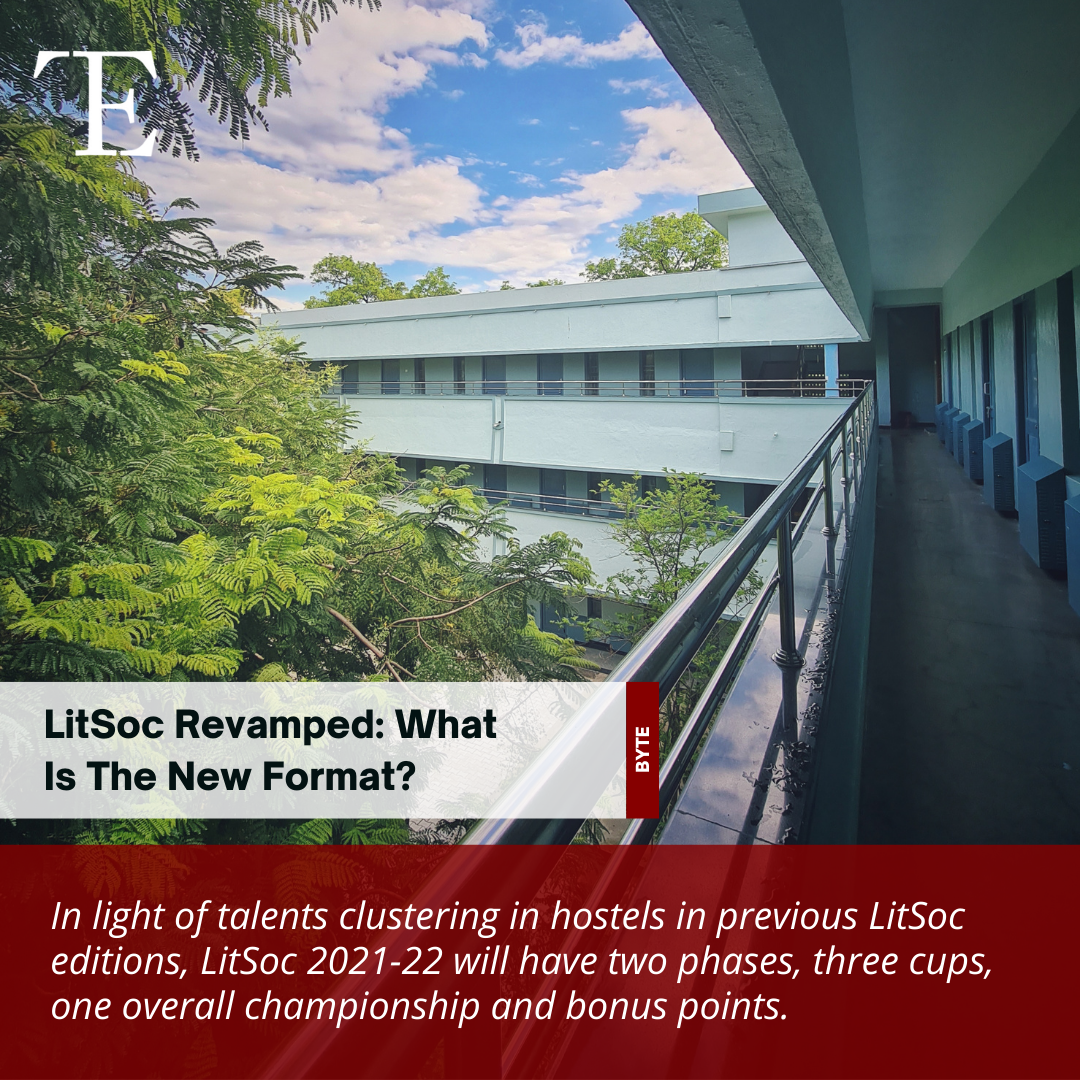Vannam, a campus LGBTQIA group functioning under MITR, along with Kashish Forward, India’s first travelling campus LGBTQIA film festival, organized a film screening, followed by a panel discussion on November 1st, in one of the halls of the IC&SR Building. The films and panel discussion were focussed on portraying the issues faced by such groups at multiple levels, within society and the state, and discussing the implications of attitudes towards queer groups within an academic institution such as ours.
Kashish Forward, as a traveling campus film festival is part of the larger KASHISH Mumbai International Queer Film Festival that is organised every year, beginning in 2010. Organized towards the end of May, and inaugurated by Ian McKellen and Sonam Kapoor, the festival saw around 180 films being screened from 53 countries in 2016. The festival has gained immense recognition internationally, with several films which are screened, winning prestigious awards. The main objective of the festival is to break the barriers that exist between what society considers queer and what it considers normal, and act as an entry point for various forms of representation, especially audio-visual, into the mainstream discourse. Sridhar Rangayan, the founder and festival director of Kashish International, provided an overview of the activities of Kashish International and gave short introductions to each of the movies being screened. He was also one of the panelists, along with Prof. K Kalpana, of the Humanities and Social Sciences Department and Prof. Tiju Thomas of the Metallurgy Department, in the discussion that followed.

The event was in three parts, beginning with a short talk by Sridhar Rangayan, introducing the Kashish film festival and their campus initiative. Kashish Forward, has been travelling to academic institutions around India, screening a few films of those screened at the film festival. The initiative was also extended to schools this year, with one such event being organized in a school in Delhi for the first time.
This was followed by the film screenings. There were seven films, ranging from around 5 to 20 minutes long from five countries, of which three were set in India. All About Love, which is set in India documents the attitudes and reactions of several people, from diverse backgrounds, to LGBTQIA groups. From being ignorant to not wanting to talk about the issue to outright dismissal of the idea due to several religious and cultural factors, the film documented a mixed set of responses. Followed by Keep Your Heads Up! set in Ireland with the objective of promoting confidence among LGBTQIA groups, the next set of movies were focused on bringing out the emotional aspects of a person belonging to a queer group. Dear Drew, a film set in the USA, starts with a romantic relationship between a boy and a girl, and somewhere towards the middle of the film, the girl suddenly transforms into a boy, with the second half of the film consisting of a retake of the scenes with two boys. Sridhar, later talked about the various subtleties between a gay couple in this case, that society simply does not care to take into account, simplifying it to an extent that could actually be harmful.
The last two films, set in India, dealt with the response of families when their close ones open up to them and with the reaction of the state from the lowest levels of its hierarchy to the idea of same-sex relationships. My Child is Gay! I am Happy, documents the story of a person, born as a male who experienced gender dysphoria and transformed herself surgically and lives as a woman today. The film goes further to interview her family members and the efforts they undertook to avoid any hardships for their daughter in society, when she finally underwent her surgery. Any Other Day, a Marathi film deals with the issue of moral policing and the self-righteous attitude taken up by a majority of society through which the suppression of several queer groups is justified.
The panel-discussion that followed mainly focused on the activities of Vannam and the manner in which the institute bureaucracy could help foster a conducive setting for LGBTQIA groups and the converse. There was a comment on the planning of buildings on campus that seems to buy into the gender binary quite easily, with exclusive hostel spaces meant exclusively for one gender. One of the students, questioned the sustainability of same-sex relationships, for example. Sridhar admitted that it is hard, given that such relationships face a lot more external difficulties when compared to heterosexual relationships, but went on to also give his own example where his partner and him have been together for over 20 years now. The panel discussion also stressed on the issue of people not coming to terms with themselves, due to the process of socialisation that has led them to moralise the issue. Coming back to Vannam, the discussion steered towards the status of the group as a non-recognized body within campus and the pressing need to increase its outreach, either through becoming a recognized body or otherwise to promote a sense of tolerance for the other.
Photo Credits: Abhisheak Dinesh



